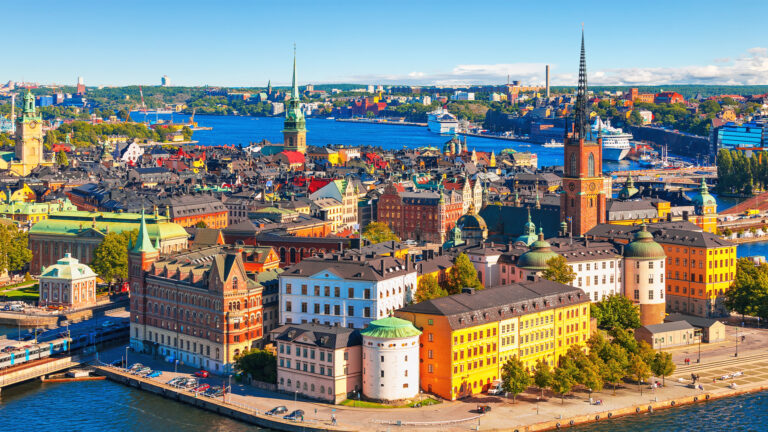By Nick Hedley
South African financial services group Momentum
Metropolitan, which has R709 billion (US$41 billion) in assets under
management and administration in its investments business, says early-stage
venture capital bets in its home market boosted returns and earnings in the
year ending June 30.
At a time when funding for startups is declining in most
markets, Africa is bucking the trend. Funding for startups more than doubled to
US$3.1 billion in the first six months of the year, according to research firm
Africa: The Big Deal.
Momentum Metropolitan, which provides insurance, retirement,
investment and other services, said its investment return for the financial
year improved by 9% to R1 billion (US$59 million) thanks partly to fair value
gains on its venture capital investments and foreign exchange gains on assets
held in other markets.
Jeanette Marais, deputy CEO of Momentum Metropolitan and CEO
of Momentum Investments, told Markets Group the firm’s investments in
early-stage fintech, insurancetech and healthtech companies were valued
conservatively, since earnings from these assets are only converted to cash
when these assets are realized.
One of the venture capital investments that has grown in
value is a healthtech start-up called Kimi, which provides a mobile app that
collects data to predict long-term health outcomes.
Meanwhile, assets under management in Momentum
Metropolitan’s wealth management unit, Momentum Wealth, increased by 4% to R205
billion (US$12 billion) at the end of the financial year. That business falls
under Momentum Investments.
Marais said Momentum Metropolitan’s insurance business was
still grappling with elevated mortality claims, despite newer waves of COVID-19
being less severe than before.
Mortality claims were still 20% higher than pre-pandemic
levels. This was likely due to COVID-19 fatalities, “long COVID” complications,
a decline in preventative healthcare measures at the height of the pandemic,
and economic and mental health issues, Marais said.












